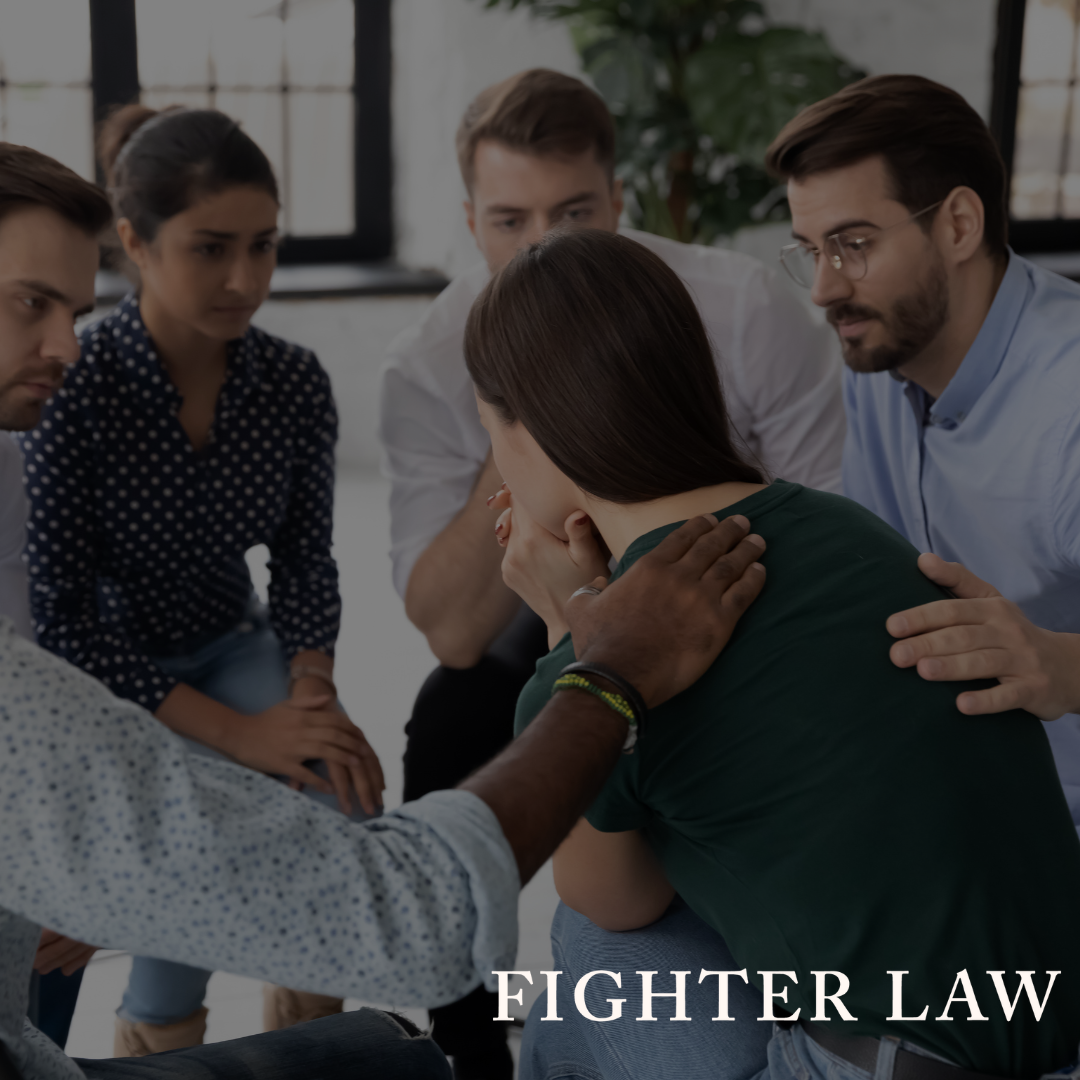
Can Treatment Help Your Criminal Case in Florida?
No one is perfect. We all face challenges, make mistakes, and cope with stress in different ways. Unfortunately, for some, this can lead to struggles with drug or alcohol dependency. The good news is that there are rehabilitation programs designed to help individuals break free from addiction and turn their lives around.
For those facing criminal charges, participation in a treatment program could potentially play a role in their case, possibly leading to alternative sentencing options. However, as Florida case law shows, securing a more favorable outcome is not automatic—it requires a strong legal strategy and supporting evidence.
Downward Departure Sentences in Florida: State v. Fields
A prime example of how substance abuse issues can affect sentencing is the case of State of Florida v. Fields, 602 So.2d 981.
In this case, Mr. Fields pled no contest to felonies here in the State of Florida.
According to Florida’s Criminal Punishment Code (Fla. Stat. § 921.0024), a sentencing scoresheet is used to determine an offender’s recommended sentence based on the severity of the crime and any prior offenses. Mr. Fields’ scoresheet indicated that he should have received a sentence of 9 to 12 years in state prison.
However, the trial judge imposed a downward departure sentence—a significantly reduced sentence.
What Happens When Justification Goes Wrong
Under Florida law (Fla. Stat § 921.0026(2)), a judge may impose a downward departure sentence under specific circumstances, but they must provide a clear and legally valid reason on the record for doing so.
In Mr. Fields’ case, the trial court failed to explain the reasoning behind the downward departure, leading the appellate court to reverse his sentence. This meant that he was no longer eligible for the reduced sentence and faced the original, more severe penalties.
Substance Abuse Alone Is Not Enough for a Lighter Sentence
This case illustrates an important point:
Simply having a substance abuse issue is not enough to justify a reduced sentence.
A defendant (and their attorney) must prove with substantial evidence that participation in a treatment program is likely to be successful in addressing their addiction and reducing the risk of reoffending. Without this proof, the court may be unwilling to grant a downward departure.
How Fighter Law Can Help
If you or someone you know is facing criminal charges and is struggling with addiction, you need an experienced attorney who understands how to navigate Florida’s sentencing laws. A skilled lawyer can:
– Help determine whether rehabilitation programs could play a role in your defense.
– Present compelling evidence to support a downward departure sentence.
– Fight for the best possible outcome in your case.
At Fighter Law, we are committed to defending your rights and fighting for your future—because we care. Whether you need legal representation in criminal law, family law, injunctions, or estate planning, our team is here to help.
Share:
free case evaluation
Fill out the form below for an free evaluation of your case.
Categories
- Birth Injury
- Boating Accidents
- Car Accidents
- Civil Rights
- Criminal Defense
- Cyberstalking
- Divorce
- Dog Bite Injury
- Domestic Abuse Charges
- Domestic Violence
- Drug Charges
- DUI Charges
- Family Law
- Felonies
- Fighter Law Firm
- Firearms
- Firm News
- Guardianship
- Injunction Removal
- Injunctions
- Marketing
- Personal Injury
- Repeat Violence Injunction
- Restraining Order
- Seal and Expunge
- Sex Crimes
- Slip and Fall
- Stalking Injunction
- Theft and Robbery
- Theme Park Trespasses
- Traffic tickets
- Uncategorized

